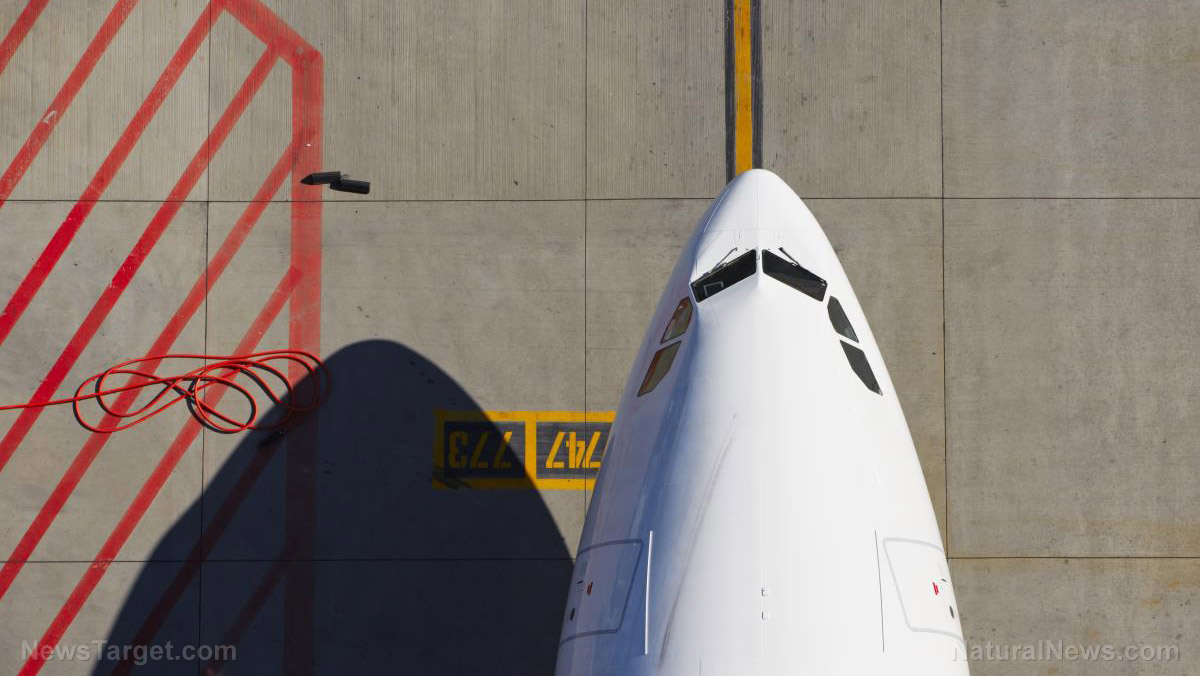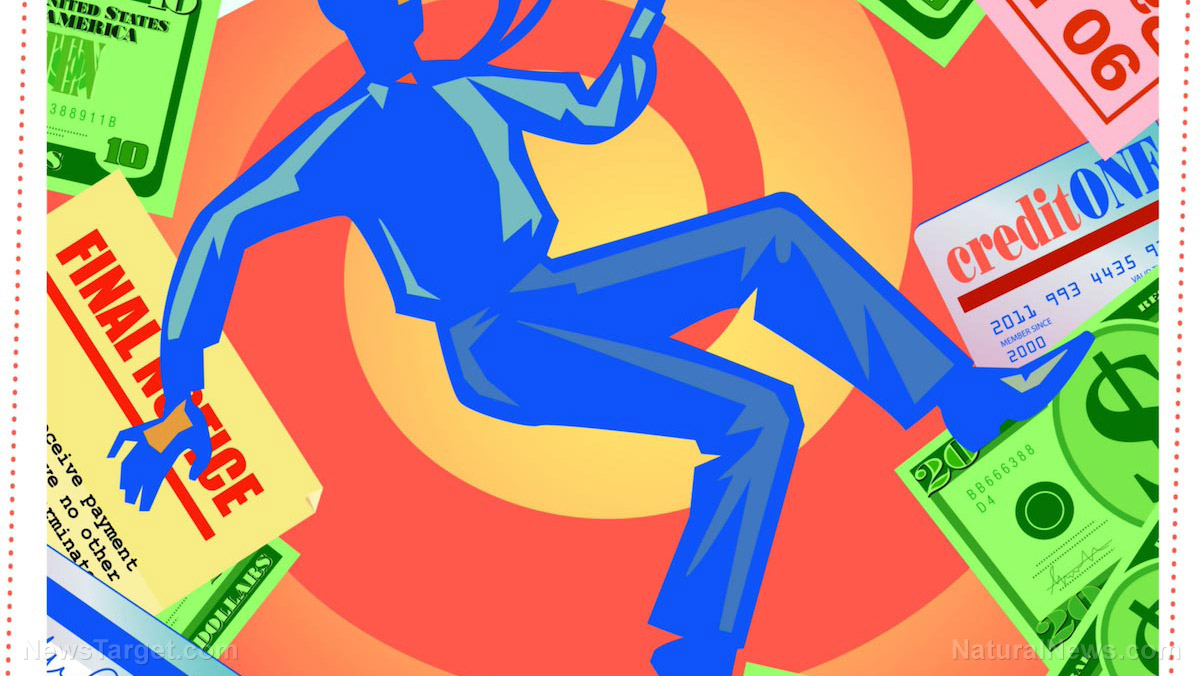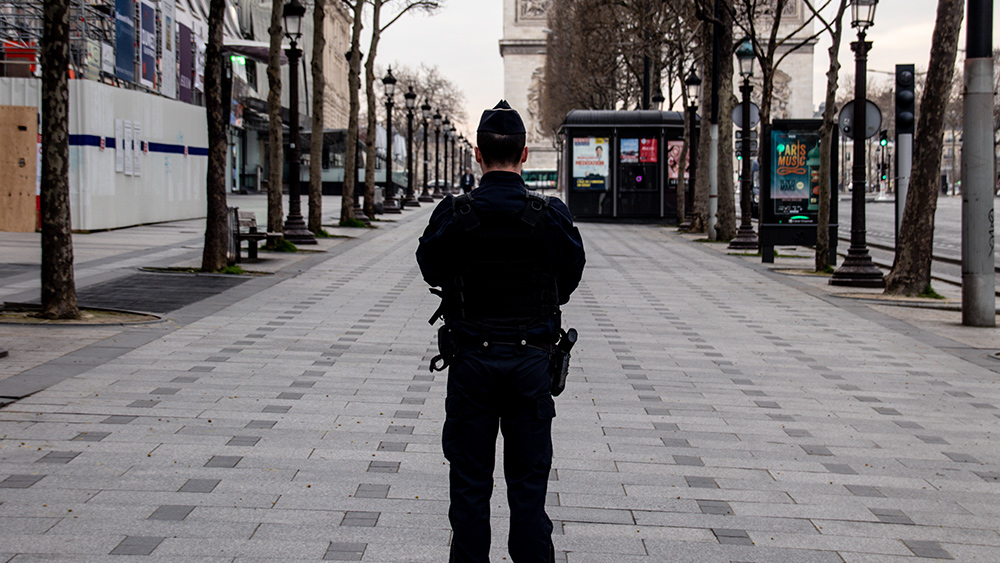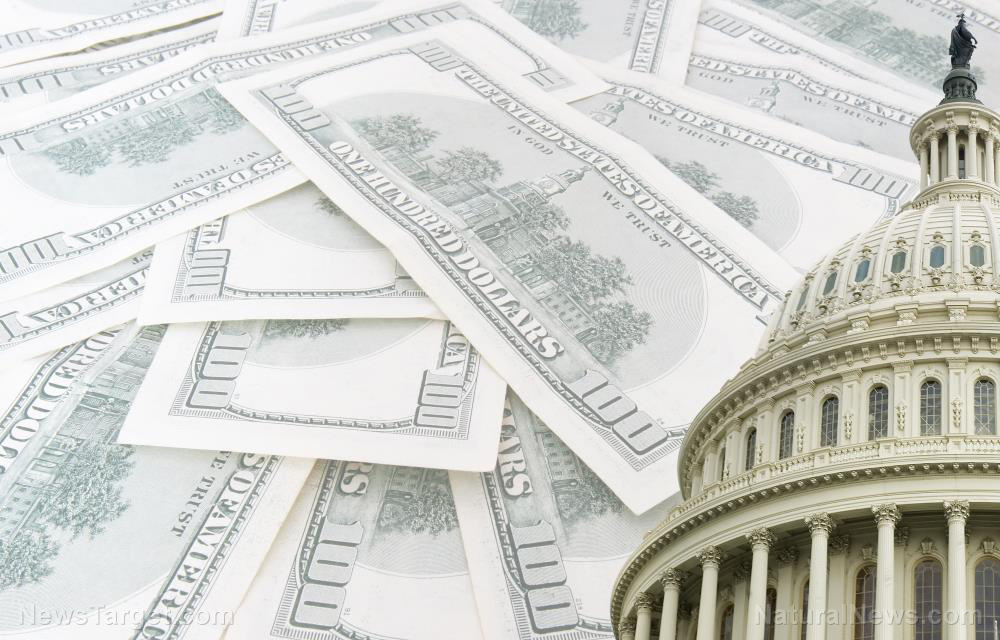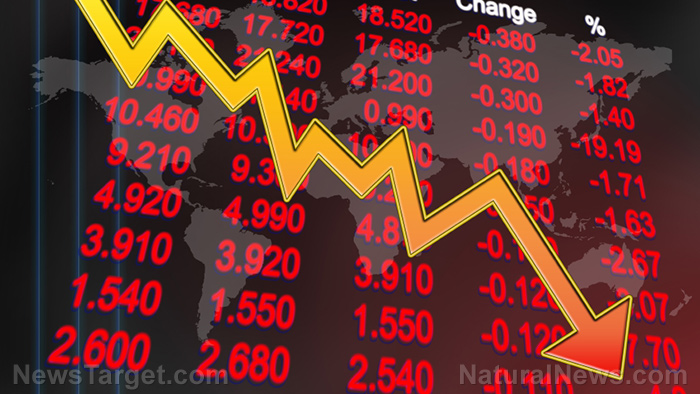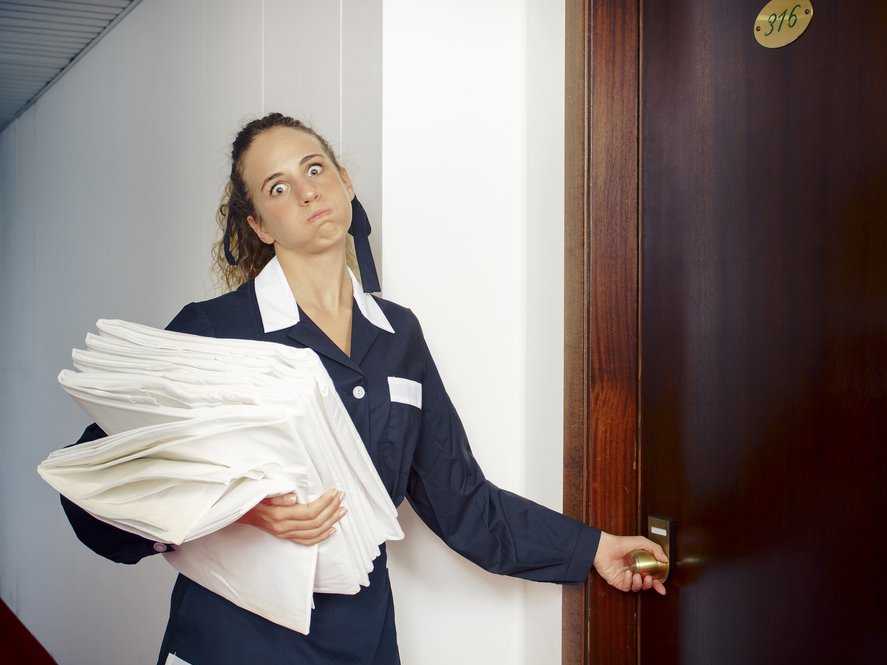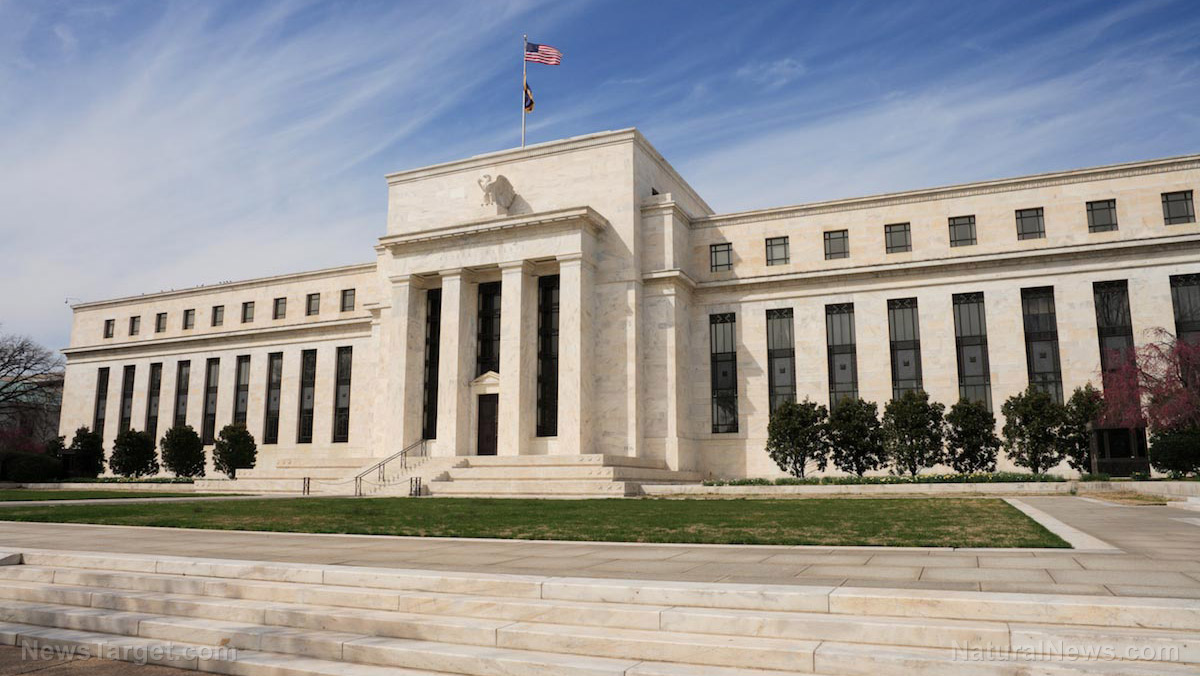Commercial real estate market collapsing due to covid
10/18/2020 / By Ethan Huff

Thanks to the government-imposed Wuhan coronavirus (covid-19) lockdowns, the commercial real estate market is in the tank and on the verge of total collapse.
Reports indicate that numerous large retailers are unable to continue paying their exorbitant rents both in malls and strip operations, and that the only solution is closure or bankruptcy.
J.C. Penney Co. recently decided to shutter all of its stores, as did Pier 1. And many others could soon follow if things continue to remain closed on government orders.
Early on, lenders had no problem granting debt forbearance to the retail industry, believing that the Wuhan coronavirus (covid-19) plandemic would eventually end. When that did not happen, things changed.
“As forbearance periods expire, more lenders are going after properties or demanding additional capital in exchange for extending relief,” writes Konrad Putzier for The Wall Street Journal about this dire situation.
What it all means, of course, is that fewer and fewer retail properties are going to be occupied. And if they are not occupied, then they are obviously empty and not generating income for property owners.
In the end, if this continues on the current trajectory, the entire commercial real estate market will collapse, resulting in a slew of new problems for the American economy.
“Across the U.S., 278 properties backing securitized mortgages were in foreclosure as of last week,” Putzier further writes, adding that “at least 80 of them had financial problems related to Covid-19, the illness caused by the new coronavirus.”
Real estate attorneys and executives can see the writing on the wall, and many of them are expecting the number of foreclosures to skyrocket in the coming days.
“It’s coming,” warned Jay Olshonsky, chief executive of the real estate services firm NAI Global. “It’s just a question of how bad is it going to be.”
San Francisco, the most expensive office rental market in the country, is already seeing a commercial real estate collapse
One of the areas most hard-hit by the covid crisis is San Francisco, where the Journal reports that office rents are tumbling with no end in sight.
From the end of March to the end of September, commercial real estate rents fell four percent, a figure more than double that of any other major city in the U.S. New leasing deals also plummeted by about 81 percent, down from 3.6 million square feet during the same period in 2019 to a mere 700,000 square feet in 2020.
A big reason why San Francisco is faring significantly worse than any other city, besides its already grossly overinflated market, is the fact that the city has reopened very slowly compared to most other cities.
Fearing that the Wuhan coronavirus (covid-19) might give too many people the sniffles, San Francisco has remained mostly closed since March, even as much of the rest of the country has reopened.
“Office occupancy for the San Francisco region was in the 15% range last month, compared with about 25% nationally, and even lower in the city center,” Putzier explains.
“The lack of office workers is clobbering the city’s economy, wiping out thousands of jobs that support its businesses,” he adds. “About half of the city’s 3,900 restaurants are likely to fail because of the pandemic.”
In other words, locking everything down to keep people “safe” is completely imploding San Francisco, along with most of the rest of the country that, despite faring slightly better, is still reeling from the effects of the plandemic tyranny.
Along with office spaces, restaurants, and retail, the apartment sector is also plummeting as tenants are unable to pay their rents.
“We’ve never had a situation where people weren’t paying their rent on their apartments, like we have now,” Olshonsky laments.
More plandemic news can be found at Pandemic.news.
Sources for this article include:
Tagged Under: bankruptcy, CCP, China, China Virus, Chinese Communist Party, Chinese military, Chinese Virus, Collapse, commercial real estate, coronavirus, covid-19, economy, foreclosures, Plandemic, risk, Wuhan coronavirus
RECENT NEWS & ARTICLES
COPYRIGHT © 2017 RISK NEWS



